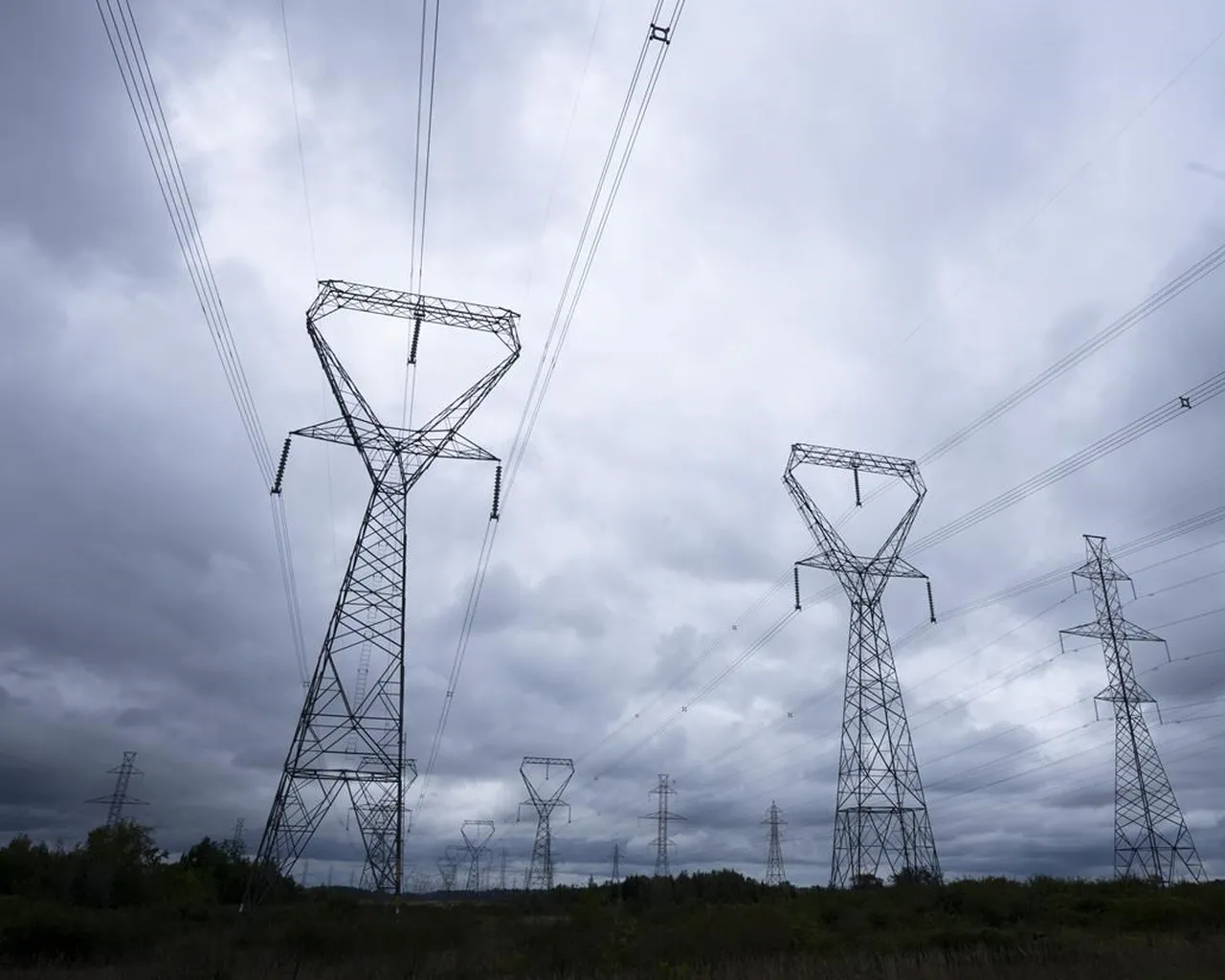CVS Health Corp, Walgreens Boots Alliance Inc. and Walmart Inc. have agreed to pay approximately US$13.8 billion to resolve thousands of lawsuits filed by US state, local and tribal governments accusing drugstore chains of drug mismanagement. opioid analgesics.
CVS said on Wednesday it had agreed to pay about US$5 billion over 10 years, and Walgreens disclosed in a U.S. Securities and Exchange Commission (SEC) filing that it had agreed to pay about US$5.7 billion over 15 years. Neither company has admitted wrongdoing. Walmart agreed to pay US$3.1 billion, mostly up front, according to two people familiar with the matter.
Paul Geller, one of the lawyers who negotiated for the governments, said the settlements with pharmacies “will bring billions of additional dollars to communities desperate for funds to fight the epidemic” of opioid addiction.
“Profit-Driven Distribution”
“We know that reckless, profit-driven distribution practices have fueled the crisis; but we know just as surely that with better systems in place and due heed to warnings, pharmacies can play a direct role in the reduction in opioid abuse and in saving lives,” said Geller.
CVS General Counsel Thomas Moriarty said in a statement that the company is pleased to resolve the claims and that the settlement is “in the best interests of all parties, as well as our customers, colleagues and shareholders.” .
Walgreens said in its filing with the SEC that it “continues to believe that it has strong legal defenses” and will defend itself vigorously against any future lawsuits not covered by the settlement.
CVS and Walgreens said their agreements would not be final until certain non-monetary terms are set, and the total amount could be reduced if an insufficient number of government plaintiffs sign.
Walmart did not immediately respond to a request for comment.
The proposed settlement, which would be the first nationwide settlement with retail pharmacy companies, follows nationwide opioid settlements with drugmakers and distributors totaling more than US$33 billion.
Accused of minimizing risks
In more than 3,300 lawsuits, as of 2017, state and local governments have accused drugmakers of downplaying the risks of their opioid painkillers, and distributors and pharmacies of ignoring red flags that prescriptions were diverted to the illegal trade.
They said the resulting human toll, along with the strain on public health departments and law enforcement, was a public nuisance that companies had to pay to fix.
CVS, Walgreens and Walmart are the three largest retail pharmacies in the United States by market share. If their settlement becomes final, it will end much of the sprawling opioid litigation that has dragged on for years, although cases are still pending against smaller, more regional pharmacy operators, including Rite Aid Corp and Kroger Co.
The plaintiffs had won major lawsuits against drugstore chains, including a US$650.6 million judgment in favor of two counties in Ohio against CVS, Walgreens and Walmart, and a decision that Walgreens contributed to the opioid epidemic in San Francisco.
billions of dollars
Earlier settlements brought US$21 billion to the three largest US drug distributors, US$5 billion to Johnson & Johnson, US$4.35 billion to Teva Pharmaceutical Industries Ltd, US$2.37 billion to AbbVie Inc. and US$450 million to Endo International Plc.
Purdue Pharma LP, whose prescription pill OxyContin is widely blamed for triggering the addiction and overdose crisis, and owners of the Sackler family are seeking to resolve opioid claims against them through a settlement of US$6 billion in bankruptcy court.
State and local authorities have said they will use settlement money to fight the opioid crisis, which federal government data shows has caused nearly 650,000 overdose deaths since 1999 and continues to worsen. .
Aggressive promotion
Opioid prescriptions rose sharply in the 1990s as companies aggressively promoted the drugs, long used primarily in cancer patients, as a safe way to treat all kinds of chronic pain.
Overdoses of opioids, including prescription pills and heroin, have increased further during the COVID-19 pandemic, increasing 38% in 2020 from the previous year and another 15% in 2021, according to the United States Centers for Disease Control and Prevention.
The agency attributed much of the recent increase in overdose cases to illegally manufactured fentanyl, a powerful synthetic opioid.
A congressional report last month estimated the economic toll of the opioid crisis in 2020 alone at US$1.5 trillion.
#Major #Pharmacy #Chains #Agree #Pay #Billion #Settle #Opioid #Claims #RadioCanada #News




